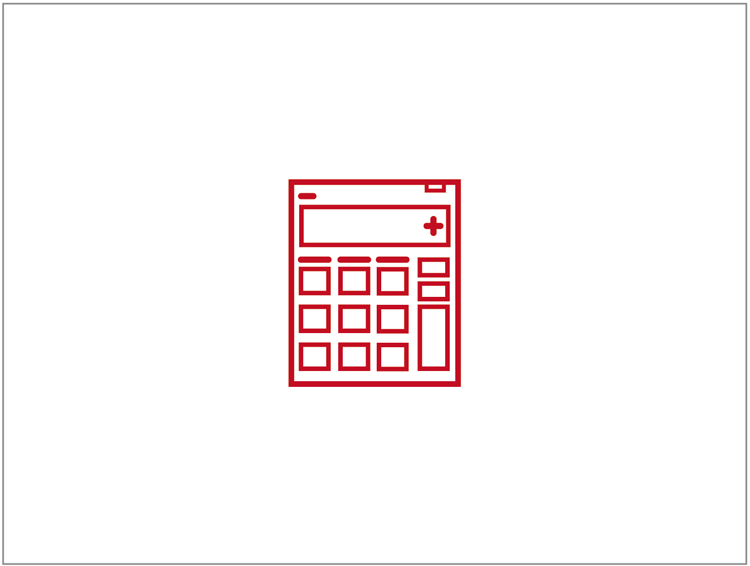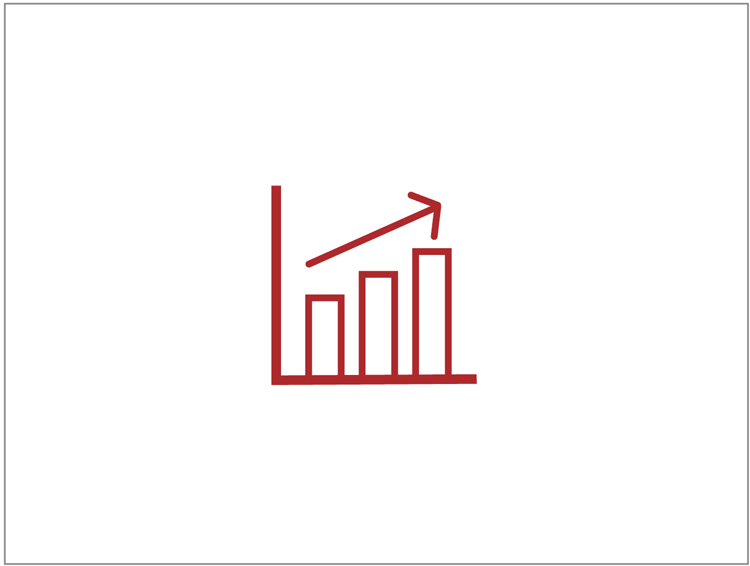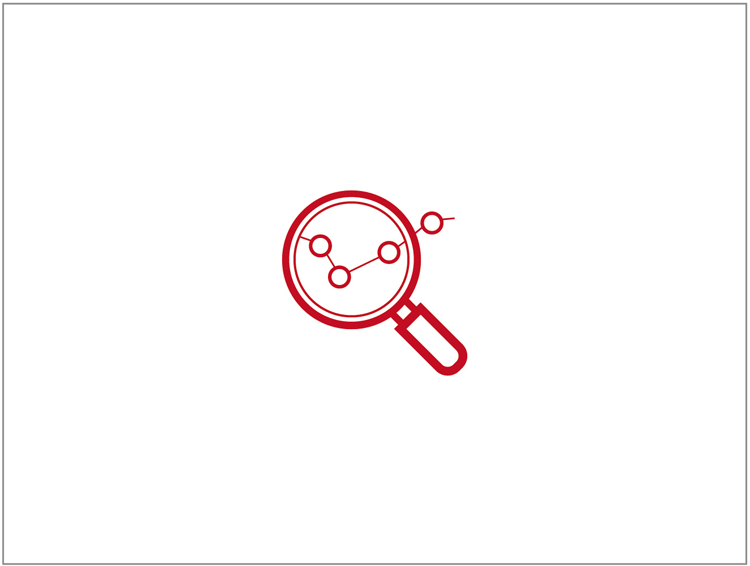-
Services
Hospital Management - Consulting Services
Publications
- Our Consultants
- Case Studies
- About Us
-

The search for a universally applicable method for evaluating the quality of healthcare has been a long-debated issue.
Average lengths of stay, presence of surgical complications, readmissions, and even death, are considered as yardsticks to determine the effectiveness of treatment protocols. However, are these sufficient for evaluating what constitutes excellent healthcare? How about good, average or poor healthcare?
Such evaluations are predicated on the availability of data to review the performance of each hospital; each country or healthcare entity faces a unique situation that is contingent on the state of IT infrastructure, on top of legal requisitions and industry standards for acts of recording, storing and structuring of medical data.
In Japan, the penetration of Electronic Medical Record systems in hospitals remains at a low of 34.4% as of 2017, according to the Ministry of Health, Labor and Welfare. Digitalization of medical records remains legally optional, and the most uniform and structured set of medical data at present is considered to be datasets submitted by acute care hospitals under the Diagnosis Procedure Combination / Per Diem Payment System (DPC/PDPS, more commonly referred to as DPC).
The DPC system is best represented by a biennially revie wed and renewed catalogue of over 4,000 diseases classified by factors such as type of surgical procedures, occurrence of complications, and presence of comorbidities. This is part of the strictly regulated, non-profit nature of Japan's universal National Health Insurance system, where prices (termed as "medical remuneration") of both inpatient and outpatient treatment, surgeries, drugs, medical imaging procedures , laboratory tests and medical devices are determined by the Ministry of Health, Labor and Welfare (MHLW) and its related regulatory and legislative bodies.
The DPC system is a bundled payment system where the medical remuneration received by hospitals for each day of care for each patient is predetermined, based on an appointed committee's evaluation of the national average length of stay and volume of medical resources used per day of hospitalization. Hospitals are therefore incentivized to optimize their use of medical resources (administration of drugs, tests, procedures) to keep their financial indicators healthy. In accordance with this system, DPC hospitals are requisitioned to submit all inpatient and outpatient medical records to the MHLW for review and evaluation of hospital performance.
The beauty of DPC data is the unprecedented visibility of all components of treatment (surgeries, drugs, lab tests, imaging procedures, and medical procedures) at a high level of specificity based on a fixed template, thereby allowing for a uniform and clean dataset to be collected across all DPC hospitals.
Approximately 1,700 hospitals in Japan are part of the DPC scheme, accounting for approximately 55% of general care beds, and responsible for providing most of Japan’s acute care. GHC prides itself on having close to 50% of these hospitals as its clients. GHC's clients contribute the very same anonymized DPC dataset, as well as other datasets such as surgical records, nursing records (in relation to the system of “patient severity classification based on nursing needs" that evaluates hospitals for the extent of nursing care provided), procurement data, financial performance etc. - all of these fuel our data-rich benchmarking analysis approach that is then applied to help our clients understand their positioning in the local hospital market. As a result of this business model, GHC holds on to the second widest coverage of anonymized medical records in Japan, after the MHLW.
The remaining 6,000+ hospitals in Japan operate on a fee-for-service system that applies to both inpatient and outpatient care. With a fragmented medical remuneration system and limited coordination amongst healthcare providers in Japan, the balance between financial survival and quality of care becomes a fragile one with many socioeconomic factors to consider.

DPC hospitals therefore inevitably have a very specific set of goals pertaining to hospital management. Non-price competition is the sole form of competition for hospitals in Japan, and in most cases, geography plays an influential role in determining the perimeters of competition for these hospitals. How can hospitals compete to keep their finances in the positive range, and serve their constituents with quality healthcare?
The structure of Japan's hospital landscape is the context that necessitates GHC's 4 pillars of hospital management consulting:
- Revenue Optimization
- Cost Reduction
- Vision & Strategic Planning
- Talent Development

No Margin, No Mission.
With a shrinking population, shortening average lengths of stay and the instability in the hospital competitior landscape, hospitals in Japan find themselves hard-pressed for maintaining and expanding their patient base - indeed, a built bed is a filled bed is a billed bed.
GHC possesses the expertise to guide hospitals in their pursuit of enhancing both revenues and quality of care.
Examples of consulting approaches:
・Streamlining hospital functions and specialties to meet the volume and nature of demand from patients in the region
・Patient flow management within the hospital and with other facilities in the region (integrated delivery networks, enhanced communication and referral systems)
・Strengthening adminsitrative frameworks to ensure appropriate coding, billings and claims in order to receive justified amounts of remuneration and an accurate representation of patient/disease compositions
・Improving Operation Room (OR) efficiency and turnover rates

With the DPC system in place, cost optimization, not revenue maximization, is the key priority for hospital administrators in Japan today.
GHC supports its clients via sustained engagement with key stakeholders within the hospital involved in the cost reduction and streamlining process, providing visibility on the client's current state and addressing all areas for improvement with reference to quantitative trends identified across geographic regions and hospital types based on GHC's own cost analysis benchmarking framework. Timed follow-up analyses to track improvement is also a significant part of our approach to ensure long-term success for our clients.
Examples of consulting approaches:
・Examining material, equipment, drug, outsourcing costs in relation to other hospitals, and identifying potential alternatives to procurement pathways, content and volumes
・Educating employees on the necessity of cost management in line with stipulations of the DPC system, nurturing a business-savvy mindset even amongst medical professionals
・Reviewing clinical and treatment pathways with each clinical department to ensure an optimal volume and frequency of medical resources being allocated and administered to each patient

Hospital administrators face the persisting dilemma of satisfying the professional needs of doctors and medical needs of patients. GHC supports its clients in their strategic planning by identifying and eliminating the gap between the healthcare services / specialties provided by the hospital and actual demand for care based on evolving demographics and patient profiles.
Examples of consulting approaches:
・Identifying the needs of the population in the designated geographic area, and re-evaluating the client's strengths and weaknesses in relation to actual demand
・Understanding the market situation in terms of market share by therapeutic areas / diseases, patient referral patterns and patterns, and potential partnerships
・Patient flow management within the hospital and with other facilities in the region (integrated delivery networks, enhanced communication and patient referral systems)

GHC is committed to helping its clients become self-sufficient in effective hospital administration and management in the long run.
Nurturing internal stakeholders to become experts at handling their inhouse data to track the performance of their own hospital, while using GHC's Hospital Dashboardχ tool to extract insights on their positioning in the market, is the key for our clients to have an objective review in order to determine the next steps.
GHC's experienced consultants conduct lectures customized to the skill levels of participants (ranging from beginners in the admin department, to the head of the nursing department, for instance) to impart knowledge and analytical skills in order to boost the quality of the hospital workforce.
Copyright 2022 GLOBAL HEALTH CONSULTING All rights reserved.